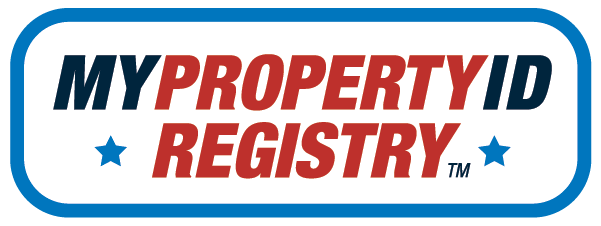Tracing motor vehicles is completely different than tracking them. The same is true of cellular devices. You trace cell phones with International Mobile Equipment Identity (IMEI) number, and you track them using the “track my phone” feature.
Tracking equipment requires a power source
Tracking equipment requires a power source that sends signals to a receiver so the location can be identified. This is a wonderful strategy as long as the power lasts or the device stays on. But the strategy fails if the power is cut or the receiver goes down.
Tracing strategies require a database.
When you go to a library and look up a book on the computer, you are tracing that book to the exact location on the shelves. Tracing is like a map. It helps you connect a starting point to an ending point. Or in the case of MyPropertyID, our tracing strategy helps you assist law enforcement agencies convict criminals. It also helps Good Samaritans return lost items.
Tracing is a tool to fight crime
Before the mainframe computer, law enforcement professionals had massive tracing catalogs. 120 years ago, states began licensing motor vehicles, keeping records of the make, model, serial number, history, current owner and address. In the 1920s, the FBI established “The Fingerprint Factory.” A massive collection of fingerprint catalogs, and a small army of staff to identify and trace them.
Tracing in the 21st century.
Tracing your property is much like the way a motor vehicle is traced today. You receive in the mail the equivalent of a preregistered, miniaturized license plate that you affix to your portable valuables. Then you log into a privacy-protected global database (not accessible by law enforcement) to enter the make, model and serial numbers next to the preloaded mini license plate numbers.
If the item is stolen, you can provide the police with the information they need in the form of a crime report. The police, in turn, enter that information into their own global databases. Lastly, if the item is lost, without jeopardizing your privacy, the police or a Good Samaritan can alert you that it has been found.



